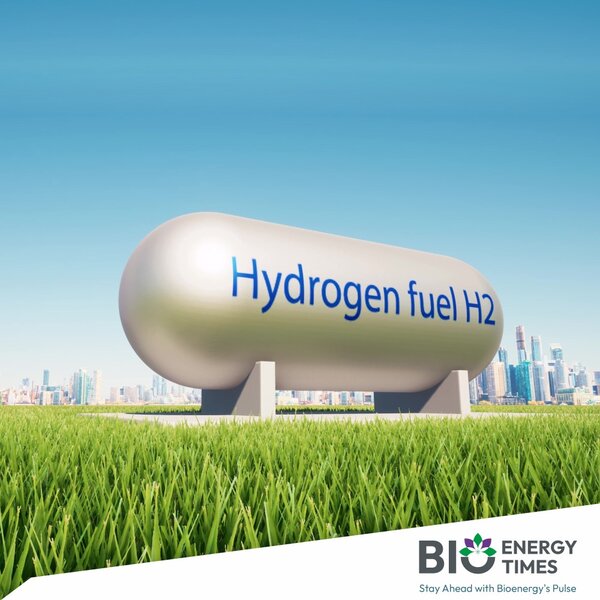New Delhi: Waste material has great potential in energy generation, said Minister for Road Transport and Highways, Nitin Gadkari while speaking at the Green Bharat Summit in New Delhi.
During his address, Gadkari said, “People will fight over waste in the future.”
The Minister highlighted innovative projects like the Dolaro-Ahmedabad highway and stressed the need to use waste materials for building infrastructure. He explained that using waste in road construction could reduce the country’s reliance on imported bitumen, adding, “Using waste material can help reduce bitumen imports into India.”
As urban areas face increasing challenges in waste management due to rising consumption and a growing middle class, the situation is worsened by issues like plastic, electronic waste, and packaging materials. This problem is further intensified by the rapid expansion of e-commerce.
Gadkari also talked about how waste can be used to produce energy. He shared that plastic is already being used to make industrial diesel in India and added, “I aim to create value from waste in India.”
The Minister also expressed confidence in the future of green fuels, including ethanol, methanol, and other alternative energy vehicles. He mentioned that automobile manufacturers are planning to introduce vehicles with flex engines in the near future.
Green hydrogen, produced using renewable energy to split water into hydrogen and oxygen, was another key topic. Gadkari called it a crucial solution to reduce pollution in the transport sector, stating, “Green hydrogen is the next big measure to curb pollution.”
He explained that the transport sector is responsible for about 40% of India’s air pollution and outlined plans to address this through electric buses, CNG electric scooters, and flex-engine vehicles. “This [air pollution] is happening in a natural process… the transport industry is responsible for 40% of the air pollution… electric buses, CNG cars, CNG scooters, electric scooters, and flex-engine initiatives will help us realize the Green Bharat dream,” he said, adding that solar power now makes up 40% of India’s total energy mix.
Gadkari reiterated India’s goal to achieve carbon neutrality by 2070 and highlighted the role of hydrogen fuel in making the country self-sufficient in energy. He pointed out that reducing the cost of green hydrogen is essential, with a target to bring the price down from Rs 300 per kilogram to $1 (around Rs 83). “Green hydrogen is the futuristic fuel… by using biotechnology, we will increase biomass productivity. We will create green hydrogen from municipal waste and biomass. This will make us self-reliant,” he said.
The Minister also mentioned research by IISc Bengaluru, which has managed to lower the cost of producing green hydrogen from biomass to Rs 150 per kilogram.
For detailed information and further insights, please refer to BioEnergyTimes.com, which provides the latest news about the Green Hydrogen Industry














